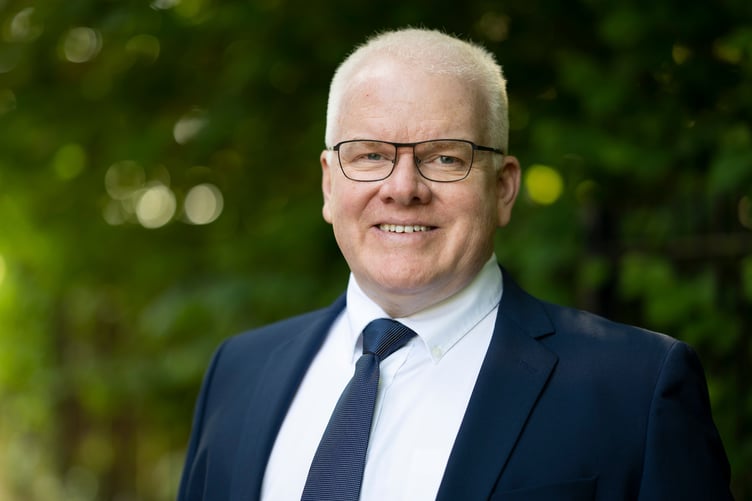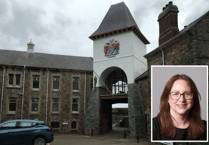A survey has revealed that 91 per cent of GPs are routinely unable to meet patient demand due to unsustainably high workloads affecting appointment availability.
The survey data was revealed to members of the Senedd at BMA Cymru Wales’ Save Our Surgeries event in the Senedd on 17 July.
The survey also exposed that 87 per cent of GPs feared their rising workloads were impacting patient safety as Wales saw its 100th GP surgery close this year.
With 100 fewer surgeries for patients to turn to, GPs now see up to 35 per cent more patients each, causing unsustainably high workloads and burnout with doctors forced to work less than full-time to survive.
Over half of GP partners are planning their exit in the next three years, the survey found, and almost a third of salaried GPs intend to work less than full-time.
With 80 per cent of GP respondents expressing significant concern about the financial viability of their practice, the BMA’s GP committee in Wales said it is “under no doubt that the closures are a direct result of sustained underinvestment.”
6.1 per cent of the NHS Wales budget is invested directly into services provided by GPs, a reduction from 2005/06 when it was at 8.7 per cent.
BMA Cymru Wales is calling on the Welsh Government for an urgent rescue package for general practice, including a fairer portion of the NHS budget, safeguards to protect patient and GP safety with a national maximum standard of patients per day, a workforce strategy to improve the retention and recruitment of GPs and measures to address staff wellbeing.
The calls have been backed by 704 GPs who signed a letter to the cabinet secretary for health and social care asking for immediate action to save general practice from collapse.
The survey also showed that 73 per cent of GPs would be prepared to take some form of industrial action unless immediate steps were taken to restore a fairer portion of NHS funding.
Dr Gareth Oelmann, chair of GPC Wales, said: “GPs from across Wales have shared their experiences with me, and we are all united in our fears about the future of general practice.
“With 95 per cent of GP respondents to the survey telling us they feel negatively about the future of the service and some only giving it a year to survive, inaction is not an option.”



.jpeg?width=209&height=140&crop=209:145,smart&quality=75)

Comments
This article has no comments yet. Be the first to leave a comment.